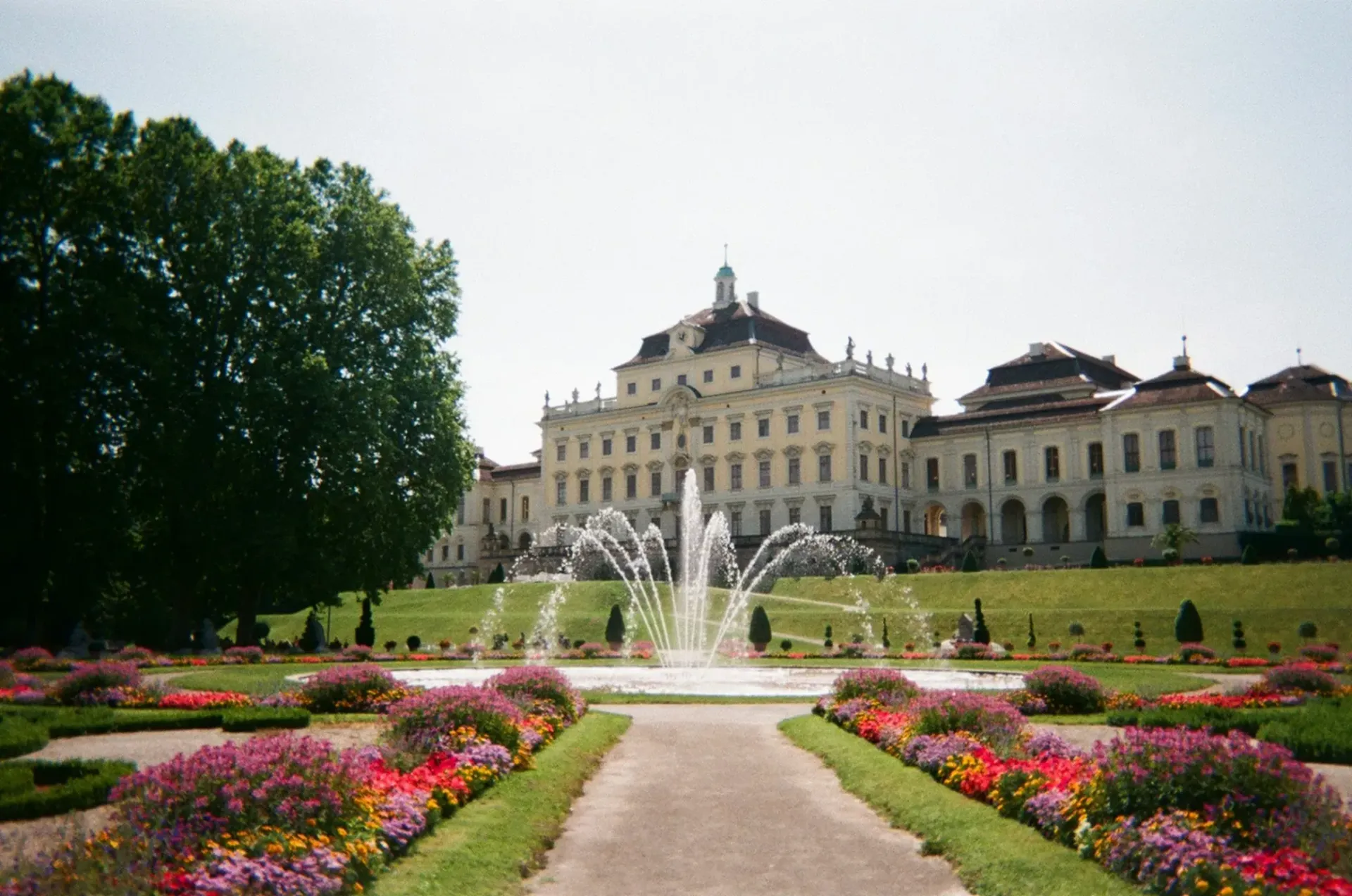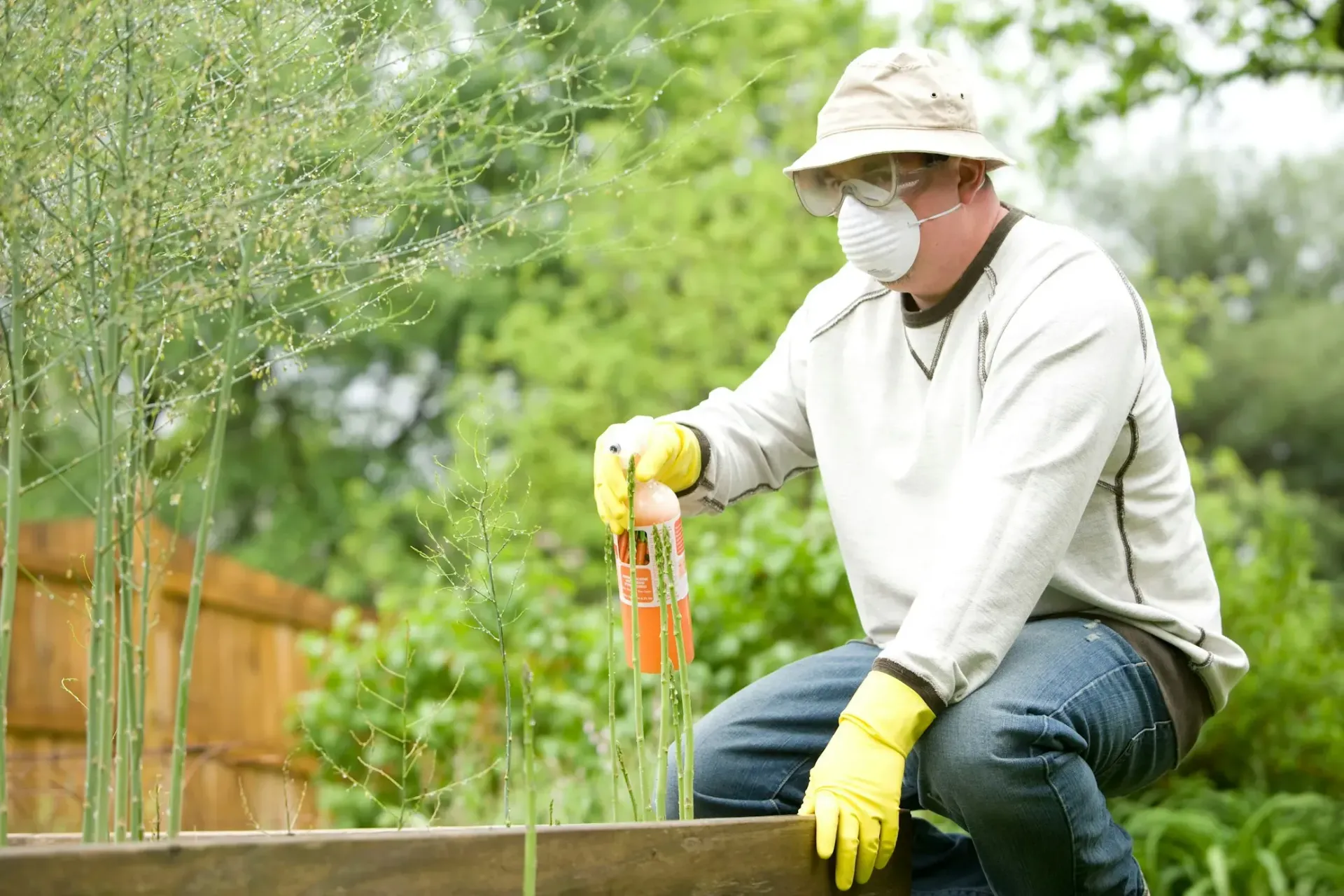
What Does a Landscaper Do?
Landscapers transform visions into reality.
They design, build, and maintain outdoor spaces.
These professionals work on various projects, from private residential gardens to expansive public parks.
Their goal is to create environments that are both aesthetically pleasing and functional.
Using a blend of creativity and horticultural knowledge, landscapers turn any outdoor area into a beautiful and usable space.
What Is a Landscaper?
A landscaper is a professional skilled in the art and science of garden design and maintenance.
They take on projects that involve planning and executing landscape designs which can include everything from planting trees and flowers to constructing walkways and water features.
Landscapers work closely with clients to bring their outdoor space dreams to life, ensuring every element is harmonious and sustainable.
In their role, landscapers often collaborate with landscape architects and garden designers, enhancing their designs with practical implementations and expert care.
What Does a Landscaper Do?
Landscapers perform a myriad of tasks that enhance and maintain the beauty and functionality of outdoor spaces. Here's what they typically do:
- Plant and nurture flora: Landscapers choose suitable plants based on the climate and soil conditions, plant them carefully, and ensure they receive the necessary care to thrive.
- Maintain lawns: They perform regular lawn maintenance tasks such as mowing, edging, fertilizing, and aerating to promote healthy grass growth.
- Install hardscaping elements: From walkways to patios, landscapers build structures that enhance the functionality and aesthetic appeal of the garden.
- Manage irrigation systems: They design and maintain irrigation setups to provide efficient water distribution across the landscape.
- Handle seasonal clean-up: Landscapers prepare outdoor areas for seasonal changes, including leaf removal in the fall and preparing gardens for spring.
- Control pests: They identify and treat pest issues that could damage plants and lawns.
- Improve soil health: Landscapers test and amend soil to optimize conditions for plant growth.
Each of these tasks is crucial for keeping outdoor spaces vibrant and healthy throughout the year.
What Is the Workplace of a Landscaper Like?
Landscapers find themselves working in a variety of settings, each offering unique challenges and opportunities:
- Residential properties: They design and maintain gardens and lawns in private homes, tailoring their services to homeowners' preferences and the specific needs of the space.
- Commercial properties: Landscapers ensure that business premises, apartment complexes, and other commercial areas are inviting and well-maintained, which often involves larger scale projects than residential services.
- Public parks and recreational areas: In these spaces, landscapers work to create and maintain vibrant, welcoming environments for the community to enjoy.
- Golf courses: Specializing in golf course maintenance, landscapers keep the greens, fairways, and other areas in top condition, essential for a good golfing experience.
- Construction sites: Collaborating with architects and developers, landscapers integrate natural elements into new buildings and developments, planning landscapes from the ground up.
Each of these settings requires a unique set of skills and adaptations, making the work of landscapers diverse and dynamic.
Landscaper Duties and Responsibilities
Landscapers have a broad range of responsibilities that ensure outdoor spaces not only look good but also remain functional and sustainable:
- Design landscapes: They create detailed plans and drawings, showing the layout of plants, paths, and features. These designs consider client preferences, budget, and the natural ecosystem.
- Plant care: This includes planting, watering, fertilizing, and pruning plants to ensure they grow healthy and strong.
- Lawn care: Tasks like mowing, edging, and aerating are essential to maintain lush, attractive lawns.
- Install hardscapes: Landscapers build functional and decorative features such as patios, walkways, and water features.
- Soil and mulch management: They improve soil health by adding compost or mulch, which helps retain moisture and suppress weeds.
- Seasonal adjustments: Preparing landscapes for seasonal changes, such as switching out plants or implementing frost protection measures, is crucial.
- Snow removal: In colder climates, landscapers often clear snow from paths and driveways, ensuring safe access.
These responsibilities reflect the landscaper's role as a caretaker of their environments, ensuring each space is both beautiful and practical.
Landscape Architect vs. Landscaper
Understanding the distinction between landscape architects and landscapers is crucial for anyone looking to hire the right professional for their outdoor projects:
Landscape Architects focus on the design process. They create detailed landscape plans that integrate both aesthetics and functionality. Their work often requires a degree in landscape architecture and a license to practice, depending on regional regulations. Landscape architects handle the master planning and design of large projects, working closely with urban planners, engineers, and architects. They use software to draft plans and may also conduct environmental impact assessments.
Landscapers are the hands-on professionals who implement the designs created by landscape architects or may design smaller projects themselves. They have practical skills in horticulture and construction, allowing them to plant gardens, install features, and maintain the health and beauty of the space. While formal education is beneficial, it is not always necessary, as experience and a strong portfolio can suffice.
In essence, if you need a comprehensive design plan for a large or complex site, you’d consult a landscape architect. If you’re looking to execute or maintain a garden or landscape design, a landscaper is your go-to expert.
Skills and Qualifications
Landscapers require a blend of technical, physical, and creative abilities to excel in their roles:
- Horticultural knowledge: Understanding the needs of different plant species is fundamental. This includes knowledge of planting techniques, pest management, and seasonal care requirements.
- Physical stamina: The job often involves heavy lifting, digging, and other physically demanding tasks, requiring good physical fitness.
- Creativity: Visualizing and creating appealing and practical outdoor spaces is crucial. This includes selecting the right plants and design elements to fit the landscape.
- Technical proficiency: Landscapers use a variety of tools and machinery. Proficiency with these, along with knowledge of irrigation systems and construction techniques, is essential.
- Attention to detail: Maintaining a high standard of work, noticing small issues before they become problems, and meticulous care of each aspect of the landscape are important.
- Customer service skills: Excellent communication skills help in understanding client expectations and delivering customer satisfaction.
These skills and qualifications help landscapers perform at their best, ensuring each project meets high standards of quality and client satisfaction.
Conclusion
Landscaping is more than just planting and mowing—it's an art that transforms outdoor spaces into functional, beautiful environments. Whether it's a serene garden for a private home or a robust public park, landscapers bring visions to life with their expertise and dedication. Understanding the breadth of what landscapers do helps appreciate the skill and creativity they bring to our communities.
Call to Action
Ready to elevate your outdoor space? Trust Proyards, your local experts in landscaping and outdoor care. Serving Salt Lake City, Lehi, Saratoga Springs, Eagle Mountain, and American Fork, we offer comprehensive services tailored to your needs. From precise fertilization to expert pest control, and elegant hardscapes to efficient irrigation systems, Proyards ensures your landscape is not only beautiful but thriving. Contact us today to transform your outdoor area into a place you love.
Proyards: Where Your Outdoors Comes Alive!
Frequently Asked Questions About Landscapers
What Is the Difference Between a Landscaper and a Gardener?
Landscapers typically handle a broader scope of duties, including design, hardscaping, and large project management. Gardeners focus more on the care and maintenance of plants and gardens, often dealing with smaller, less complex tasks.
What Qualities Make a Good Landscaper?
Effective landscapers are creative, physically capable, detail-oriented, and knowledgeable about plants and landscaping techniques. They also excel in problem-solving, teamwork, and client communication.
Education and Training Requirements
While some landscapers learn through on-the-job training, others may pursue formal education in horticulture, landscape design, or a related field. Certifications and continued education can also enhance a landscaper’s skills and marketability.
Experience Requirements
Experience in related fields like gardening, construction, or design can be beneficial. Many landscapers start in entry-level positions and gain experience over time, which is crucial for handling more complex projects and leadership roles.
Additional FAQs
How Much Does a Landscaper Earn?
Earnings vary based on location, experience, and the type of projects handled. In general, landscapers can earn a competitive wage, especially with specialized skills or business ownership.
Do Landscapers Work Year-Round?
In climates with distinct seasons, work may be seasonal. However, landscapers often shift to snow removal or holiday decorations during off-peak times to maintain year-round employment.
Can Landscapers Specialize?
Yes, landscapers can specialize in areas like garden design, water features, sustainable landscaping, or urban farming, which can distinguish their services and attract specific clientele.
Our Services
Contact Information
Phone: (801) 254-2890
Email: proyardcustomers@gmail.com
Business Hours
- Mon - Fri
- -
- Sat - Sun
- Closed
Area We Serve
All Rights Reserved | Proyards









